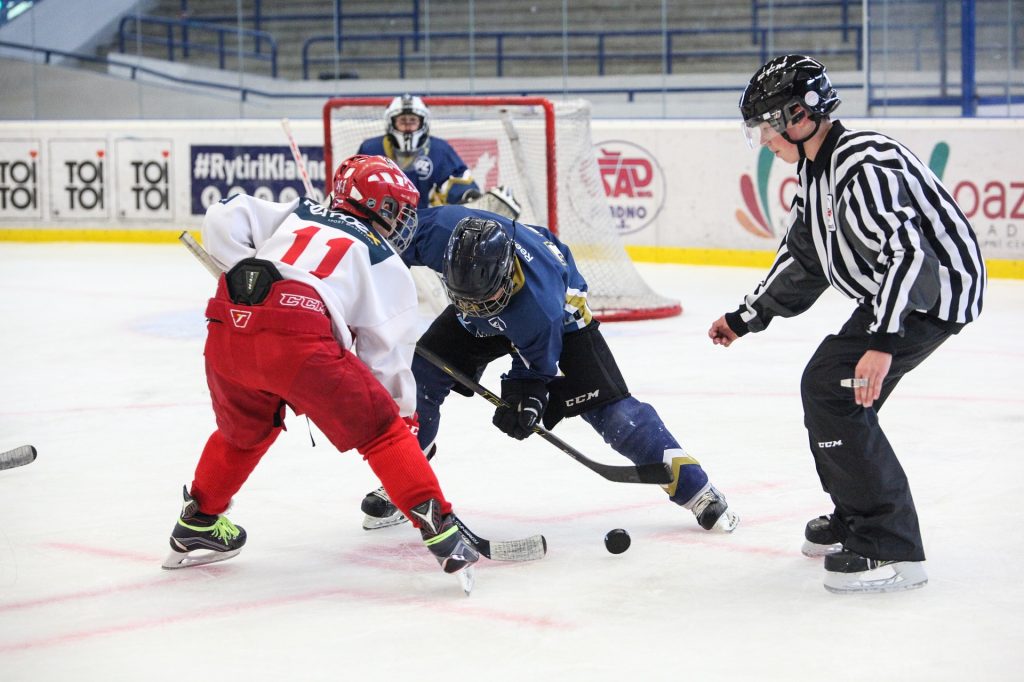From the times of the “betting bus” you surely know that you can bet on correct results, as well as on goal scorers or even the first or last goal scorer of a match. The live betting era has expanded such special bets even further and you can now bet on just about anything during a match: Number of corner kicks, which team has more throw-ins, is there a yellow or red card for a certain player, which team sees yellow more often, which team sees red first, who has the kick-off, which coach decides to change first. The possibilities are almost unlimited, also due to the many bookies in the sports betting world. Those who like it are certainly at an advantage due to the abundance of bets – I personally am not into such bets, but have recently discovered interesting types of bets that can be placed BEFORE a game and are often very valuable.
HANDICAP BETTING
Handicap betting has long since ceased to be a “special” type of bet. Pretty much everyone who has ever been involved in sports betting has played one. For those who do not know what to do with this term: Handicap bets are bets where one of the two teams goes into the match with a (fictitious) goal advantage. Assuming you are playing Barcelona – Valencia Handicap 0:1 Tip 1, this means that Barcelona would have to win by two goals difference for you to win your bet. If Barcelona wins the match 2:0, you win your bet (2:1 betting final result). If Barcelona wins only 1:0, you would have had to bet X on a 0:1 handicap to win. For your bet, the game effectively ended 1:1….
So where do you play handicap betting? Handicap win bets are mostly played when you expect a team to win by two goals difference or more. Suppose you get odds of only 1.40 for a normal home win of Team XY, but you think that the team is strong enough to defeat the opponent with two or more goals difference, take a look at the odds for the handicap win. But the same applies to handicap betting: analyze each match carefully, even if it looks so clear. Every team behaves differently at different scores. Study the fixtures of the clubs. Is it possible that the favorite on which you play a handicap win bet at the score of 2:0 saves important players, shifts down a gear and maybe gets a stupid conceded goal? Yep, that can always happen!
You can get even higher odds by guessing a handicap X. For this, the team with the “handicap” (i.e. the one with the fictitious goal conceded from minute 1) has to win the match with a goal difference. And if you manage to do that, you will get odds between 3 and 4. You can risk such a bet if you think that one of the two teams has an advantage and you think that this team will win – but will not manage to do it by a high margin. However, the odds on such bets are high for a reason, it is not so easy to predict such an event. You can illustrate this with the goal bet. 4:3 or 5:4 victories are known to be the exception in soccer. But even predicting a 1:0, 2:1 or 3:2 correctly will not be possible for the majority of games. Nevertheless, the Handicap X is an interesting bet that you should always keep in mind – or rather, you should keep an eye on the odds. But as described in the first part of the tutorial, for every handicap bet you place, you should consider beforehand whether you would have given the odds differently yourself.
WHAT IS “DNB”?

“DNB” stands for Draw No Bet. Here you don’t get three odds for win, draw or defeat, but only two: win or defeat. The odds for these events are of course lower than for 3-way bets, but in return you don’t lose your money in case of a draw, but get your stake back. Especially in games where you have a favorite, but there is an acute danger of a draw, it is sometimes better to forgo the slightly higher odds and not lose money in the event of a draw.
A similar bet is the “double chance”. This works almost the same way, except that there are three options: 1X, 2X or 12. So if you bet 1X, it means that you will win your bet in case of a home win or a draw and lose your money in case of an away win. For bet 12, home win or away win, you absolutely need a win to win your bet. In case of a draw you will lose your bet.
WHAT DO THEY MEAN BY B2S?
B2S stands for “both to score” – you can only bet on YES or NO, so there are only two possible outcomes. If you bet YES, you win your bet if both teams score at least once. If you bet NO, you win if the match ends “nil” or even goalless.
OVER/UNDER

You can bet on how many goals will be scored in a match with the “over” and “under” bets. For example, if you bet a game on “over 2.5”, you have won your bet when the third goal is scored. If only two goals are scored, you lose. Of course, the whole thing works the other way around: you win a bet “under 2.5” if only two goals are scored – if the third goal is scored, you lose. And these bets can be played in all possible constellations: under 1.5, over 3.5, under 3.5, over 6.5… and so on!
Before placing over/under bets, it is advisable to look at the last direct duels between the opponents. Are the goals scored in the direct duels of the teams rather many or few? How do these statistics look in relation to other matches between the teams? And then it’s back to analyzing! The team with the most offense won’t score many goals if the best striker and the assist king are missing. The worst defense probably won’t get many goals if the opposing offense isn’t shooting well or is missing a key player.
With over/under bets, I like to risk a little more myself. Suppose I get odds of 1.50 for an over 2.5: If I bet 10€ on it, I would get 15€ back if the result fits. I like to bet the 5€ net profit I would win in case of an over 2,5 on an over 3,5, for which I get odds of 2,40. If exactly three goals are scored, I get out at par: 15€ wagered, 15€ returned, zero round. But if a fourth goal is scored (and as we know, anything is always possible in soccer), I get 27€ back for 15€ bet in this case. This may not always be the smartest thing to do, but it does make sense for certain games. It’s also always about how much is at stake in a game. Do teams throw everything forward at the end when they need one more goal? Do teams usually run the risk of counterattacking? You should always keep in mind with this variant that you also have a higher risk than if you just play a single over/under bet. Whether the particular bet is worth the risk to you, you always have to decide for yourself.
These were some basic “special bets” that you should know if you decide to bet. There are of course many others, for example the famous “Asian handicap”, which was a bit of a mystery even to me as a beginner, but in reality is a very simple thing. More about this in the next part of the tutorial!
